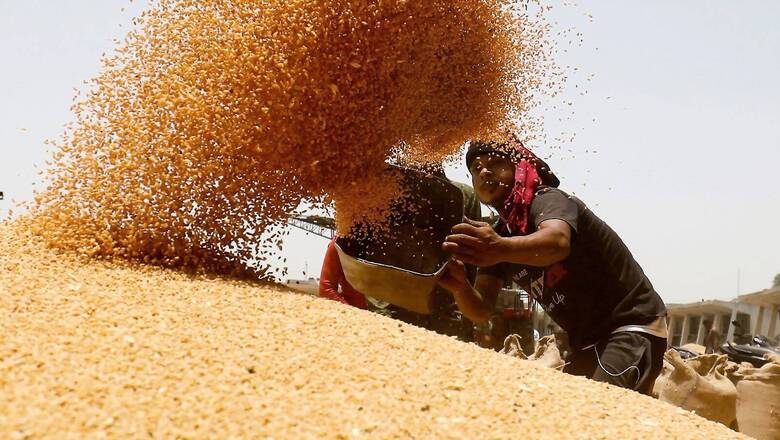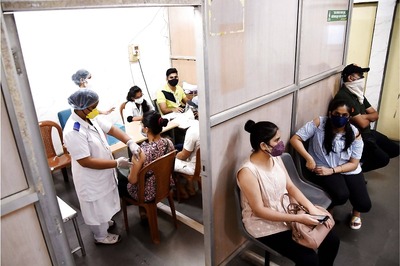
views
The Narendra Modi-led central government is drawing up the final contours of a major project to curb wastage of excess foodgrain, seeking to establish a massive storage infrastructure. The plan is to create the biggest grain storage facility in the world, highly-placed government sources told News18.
According to the sources, several ministries such as agriculture and farmers welfare, consumer affairs, food and public distribution, and food processing industries and cooperation will be involved in the project. Sources said the proposal will be examined by the union cabinet and a nod is soon expected.
India is the third largest producer of foodgrains in the world. In 2020-21, the country’s production of foodgrains was 3,107 lakh metric tonnes. There is, however, a significant shortage of foodgrain storage capacity in India and this leads to the wastage of tonnes of agricultural produce every year. It is estimated that India has the capacity to store only 44 percent of the total amount of foodgrains produced.
Earlier this year, News18 reported that India will be providing wheat and rice as “gifts” to Yemen, Ethiopia, Syria and Afghanistan, from its overflowing granaries through the UN World Food Programme as diplomatic outreach. This will also save storage and transportation costs of excess foodgrain in state-owned granaries.
While the sources were tight-lipped about the process of implementation of the project, some said funds for infrastructure creation will be met from the budget allocated to different schemes under the ministries involved. There were plans to have an inter-ministerial panel to look at the schemes and take decisions related to them, they added.
The creation and modernisation of infrastructure for storage of grains, such as godowns, will be undertaken in selected primary agricultural credit societies – which as part of the plan will be made into “multipurpose societies”.
“This move will also generate employment and help India steer clear of importing foodgrains in the future,” a source in the government told News18, adding that a panel could be set up to monitor the implementation of the project.
Sources further said plans for the project have been afoot over the past few months and discussed in various inter-ministerial meetings as well as in the National Conference of State Cooperation Ministers in September.
Read all the Latest India News here



















Comments
0 comment